Melinda Gates: This is not a once-in-a-century pandemic. 'We will absolutely have more of these' & if we do not we stll have all the work done at Pine Bluff & elsewhere ready to go
How a 100-year-old vaccine for tuberculosis could help fight the novel coronavirus
- Business Insider spoke with Melinda Gates about COVID-19, the prospect and timeline of making an effective vaccine, and how the world will be permanently changed by the coronavirus.
- Gates said it would likely take about 18 months for a vaccine to become widely available, and that it should first go to healthcare workers to help them keep others safe.
- She said this pandemic was not a once-in-a-century situation, like the Spanish flu. Because the world is now a global community, we're likely to see other pandemics in our lifetimes, Gates said.
- Even after things get back to normal "our psyches are going to permanently changed ... I hope we change to realize that we're a global community."
- Read the full interview below.
Melinda Gates is the cochair of the Bill & Melinda Gates Foundation, which has donated more than $45 billion to tackle some of the world's toughest problems, including vaccination research and combating pandemics, from coronavirus to Ebola.
Gates and her husband have long been concerned about a pandemic and have warned that we need to be more prepared at a global level.
In a wide-ranging interview with Gates on Thursday afternoon, she gave her thoughts on the coronavirus pandemic, the inequality of it all, and how the world can go back to semi-normal. The highlights:
- The world needs a vaccine delivered at mass scale to go back to "normal." A realistic timeline is about 18 months, the same time it took to create an Ebola vaccine.
- It is possible we won't be able to find an effective vaccine for coronavirus, although Gates thinks that is highly unlikely.
- The idea of herd immunity solving coronavirus is far-fetched. Gates said that would require more than half the population to get coronavirus (which isn't anywhere close to happening) and a lot of death along the way.
- To effectively roll out a vaccine, Gates believes you need to first give it to health workers, then to high-risk groups, then distribute it equitably to different countries and communities. The vaccine also has to cost very little with a fund to cover it for everyone. What the US is doing right now, pitting states against each other for supplies and allowing wealthy individuals to access tests first, would be disastrous for a vaccine rollout.
- To prepare for the second wave of coronavirus this fall, or even a next pandemic, we need mass testing from the get-go, voluntary data sharing from people so that we can trace who has been tested and where they have been, and vaccine stockpiles so you can distribute those as soon as you see signs of an outbreak.
- Gates said there would "absolutely" be more pandemics in our lifetime. Coronavirus is not a once-in-a-century occurrence like the Spanish flu.
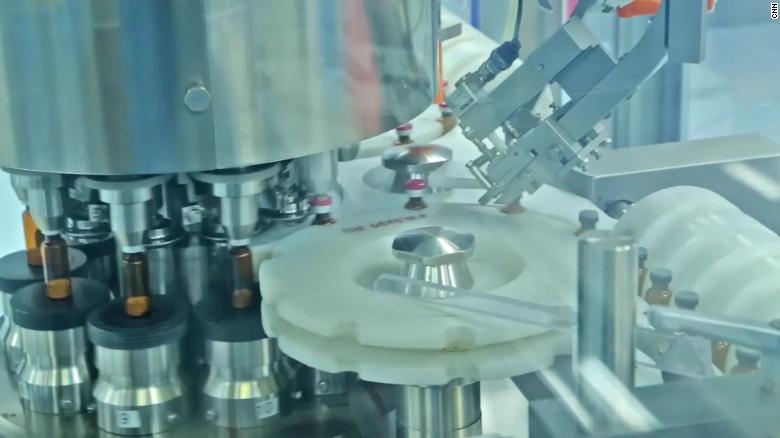
























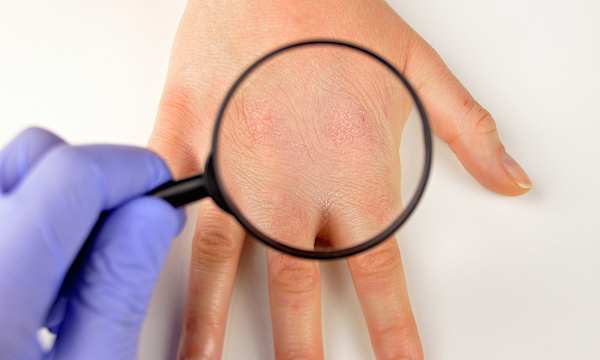

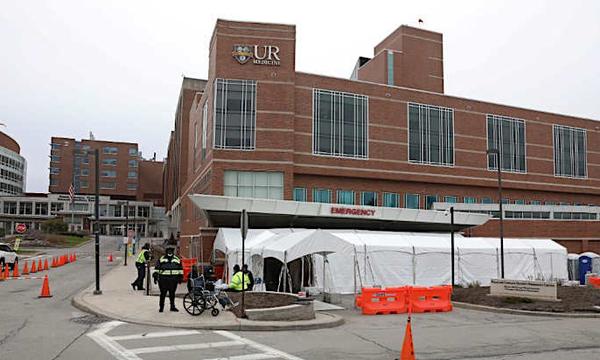

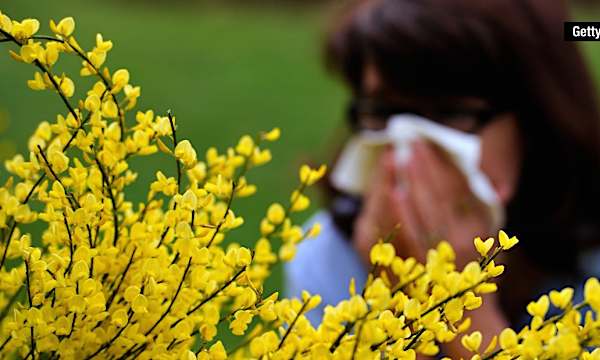
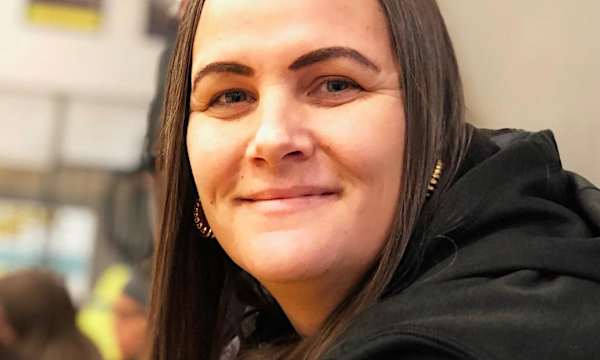

![[Pics] Baby Elephant Cast Aside By His Herd, Decided To Spend His Last Days Alongside This Creature [Pics] Baby Elephant Cast Aside By His Herd, Decided To Spend His Last Days Alongside This Creature](https://images.outbrainimg.com/transform/v3/eyJpdSI6IjlhNzRjNDhhMmFlYmIyODA0Y2ZmY2NkNTIzNjc2YTZmZTBkNDdiMmY3MTEwMmU4MjI1MDU3N2M1Y2ExMDgxMWIiLCJ3Ijo0MDAsImgiOjI0MCwiZCI6MS41LCJjcyI6MCwiZiI6MH0.jpg)

![[Pics] After Keanu Reeves Appeared With His Girlfriend, Fans Spotted This One Thing [Pics] After Keanu Reeves Appeared With His Girlfriend, Fans Spotted This One Thing](https://images.outbrainimg.com/transform/v3/eyJpdSI6IjVkZTQ4NDMwZTlkNDM5NGExNGQ1Y2FhNjc5ODMyMWQxZmU3MTNiZGI3ODJhMjU1MzNiYzdiMDIyNTRlYThkYzQiLCJ3Ijo0MDAsImgiOjI0MCwiZCI6MS41LCJjcyI6MCwiZiI6MH0.jpg)
![[Photos] The Worst Habits That Will Damage Your Kidneys (Most People Ignore) [Photos] The Worst Habits That Will Damage Your Kidneys (Most People Ignore)](https://images.outbrainimg.com/transform/v3/eyJpdSI6IjJlOTVkN2I1OTBhNjVmMDQ5NjA2MGM5MDRjNDRmOGIxNjRkZjRiMWJiYTU5ZTdjZDJlODc3MzhlMzcxYTgyY2EiLCJ3Ijo0MDAsImgiOjI0MCwiZCI6MS41LCJjcyI6MCwiZiI6MH0.jpg)

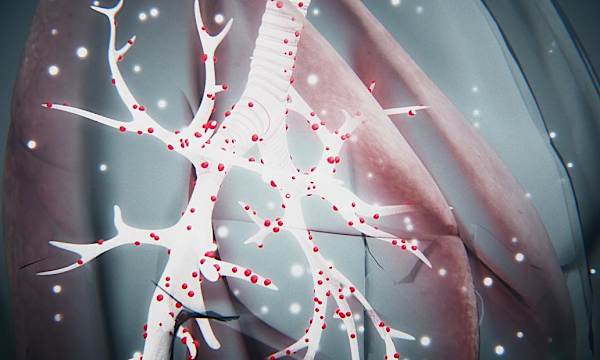

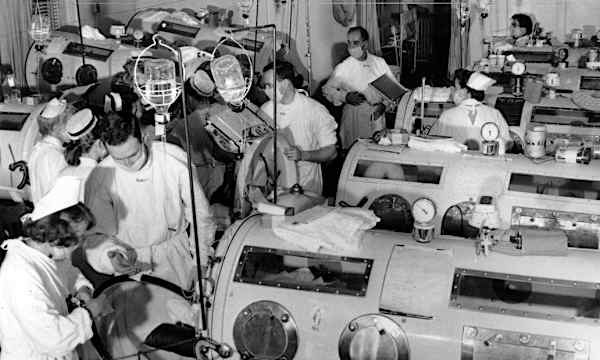


![[Photos] He Was A Huge Star, This is His Life Now [Photos] He Was A Huge Star, This is His Life Now](https://images.outbrainimg.com/transform/v3/eyJpdSI6IjA4MTI1NzM4MTBkMWRkNTdiZTUyNTE4ODcyOTkxMzdlYmE4NTNlMjNkMWIwNmI3MmQ4NDMyY2MyNDk1YWZhYWMiLCJ3Ijo0MDAsImgiOjI0MCwiZCI6MS41LCJjcyI6MCwiZiI6MH0.jpg)


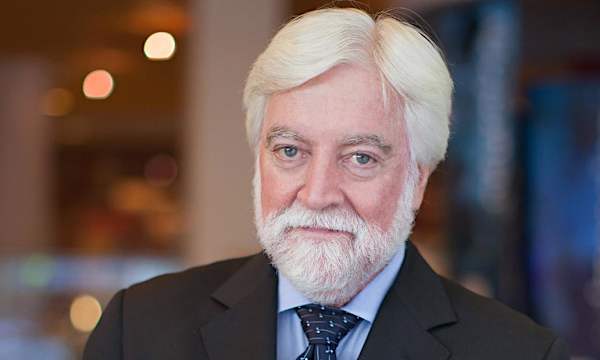
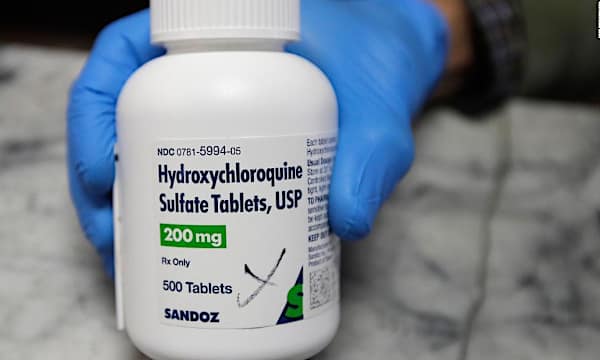
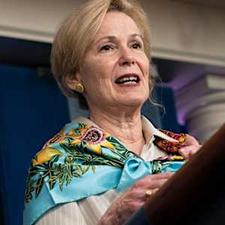
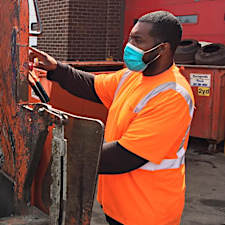
![15 Simple Makeup Tips Every Woman Should Know About [Slideshow] 15 Simple Makeup Tips Every Woman Should Know About [Slideshow]](https://images.outbrainimg.com/transform/v3/eyJpdSI6IjNmYzMxYjlmYTY1MTQwYTg1ZTRlMGVkMTJlMTkwZjc0NmNmNDFjMzQ3MDYwNGI5MTM0ODBhZDBhMTgzOGVjNzAiLCJ3Ijo0MDAsImgiOjIyNiwiZCI6MS41LCJjcyI6MCwiZiI6MH0.jpg)










No comments:
Post a Comment